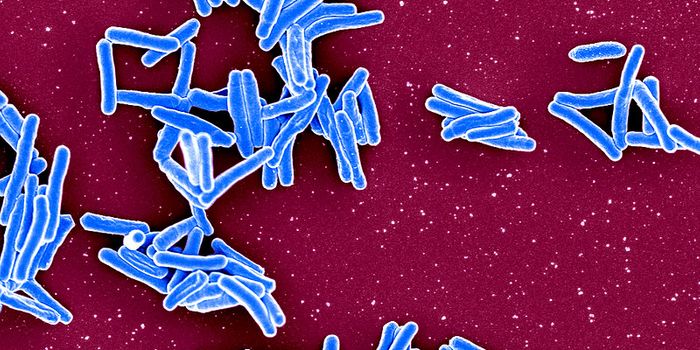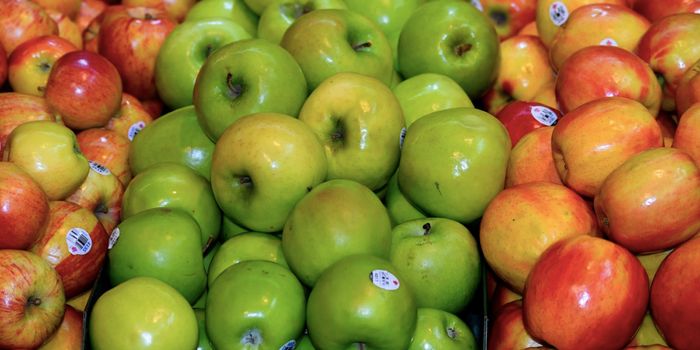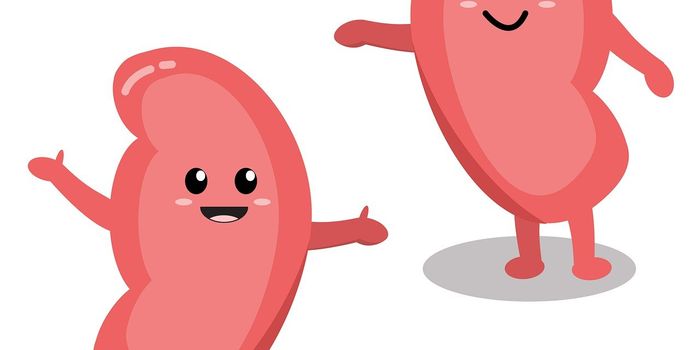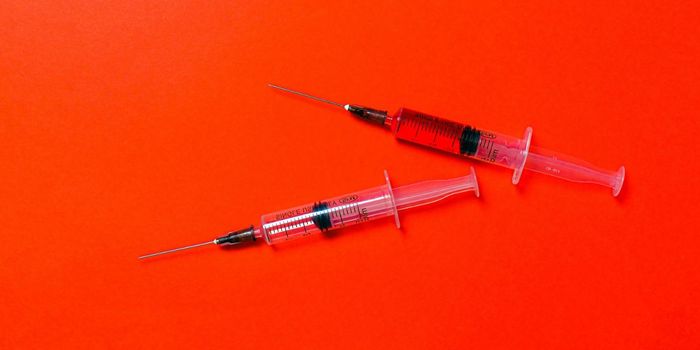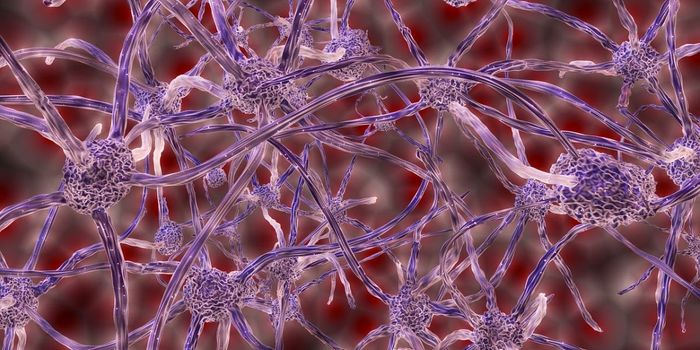A Scientific Case of the Munchies: How Cannabis Activates Hunger Neurons
Washington State University (WSU) researchers have discovered a brain mechanism that enhances appetite. The study, published in Scientific Reports, could lead to innovative cannabinoid treatments for appetite disorders. Patients suffering from symptoms such as appetite loss, nausea, and other digestive problems may find that cannabinoid products stimulate appetite.
The process included using calcium imaging technology (CIT) to observe brain cell responses. The research team exposed mice to vaporized cannabis sativa and then documented their responses. Calcium imaging effectively monitors the brain’s reactions to food, but this is the first study to use CIT to assess how cannabis exposure affects responses.
The research team discovered that cannabis activated hunger neurons, a set of cells found in the hypothalamus. This response happened when the mice anticipated and ingested food. Data revealed no activation in the brains of control mice (those not exposed to cannabis vapor). Study author and a WSU assistant neuroscience professor, Dr. Jon Davis, explained, “When the mice are given cannabis, neurons come on that typically are not active. The findings indicate significant activity happens in the hypothalamus following cannabis inhalation.
The researchers observed that the cannabinoid-1 receptor controlled the activity of a well-known set of Agouti Related Protein neurons or “feeding” cells in the hypothalamus. When the mice were exposed to cannabis vapor, the research team used a “chemogenetic” technique to influence these neurons. This method acts like a molecular light switch to activate and deactivate the neurons. When deactivated, cannabis did not stimulate appetite.
The team discovered in previous research on cannabis and appetite identified genetic changes in the hypothalamus in response to cannabis. It is also one of the first studies to investigate whole vaporized cannabis plant matter instead of injected THC. This study provides a foundation for future cannabinoid research on cannabis uses and risks.
Sources: Eureka News Alert, Scientific Reports

